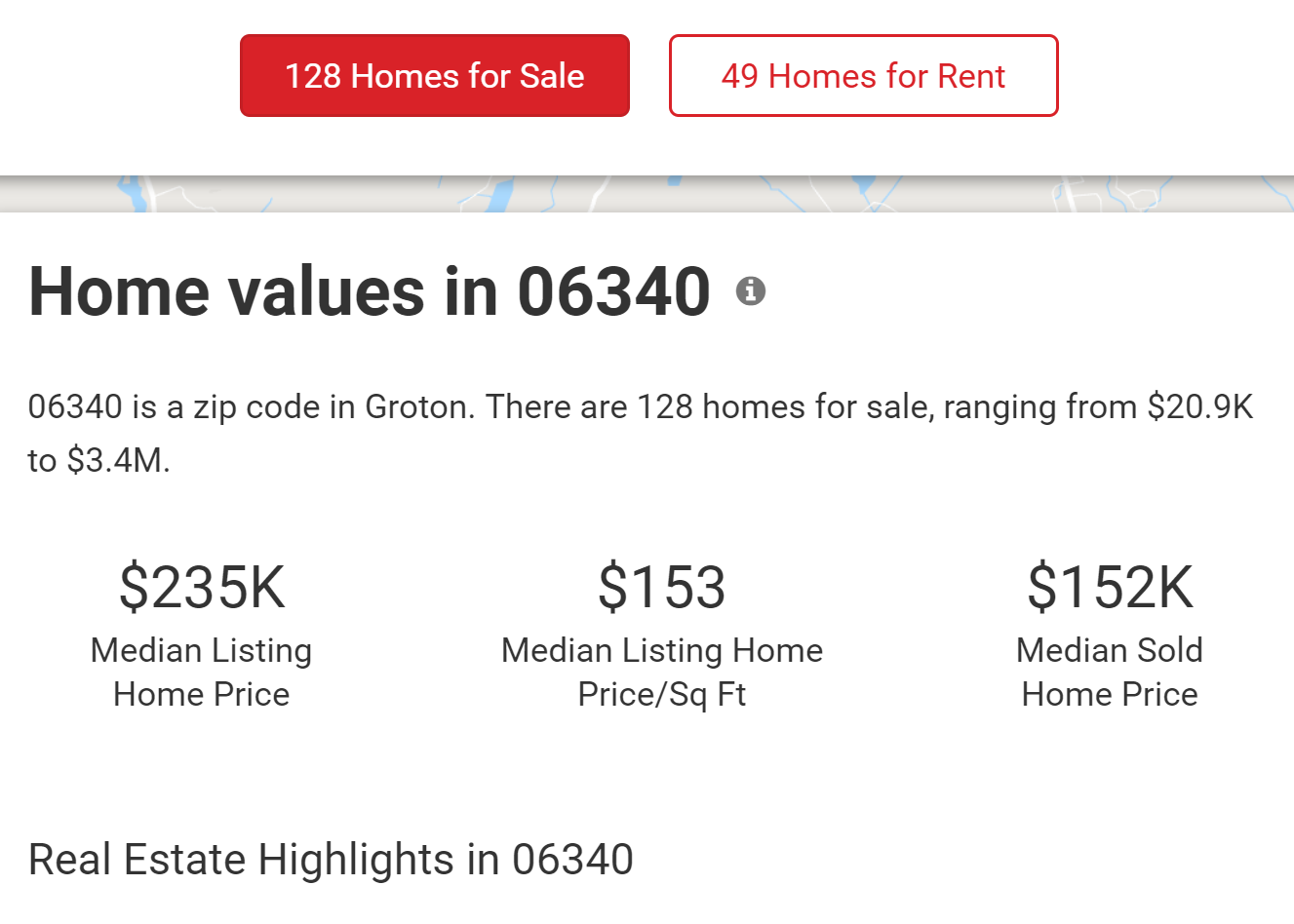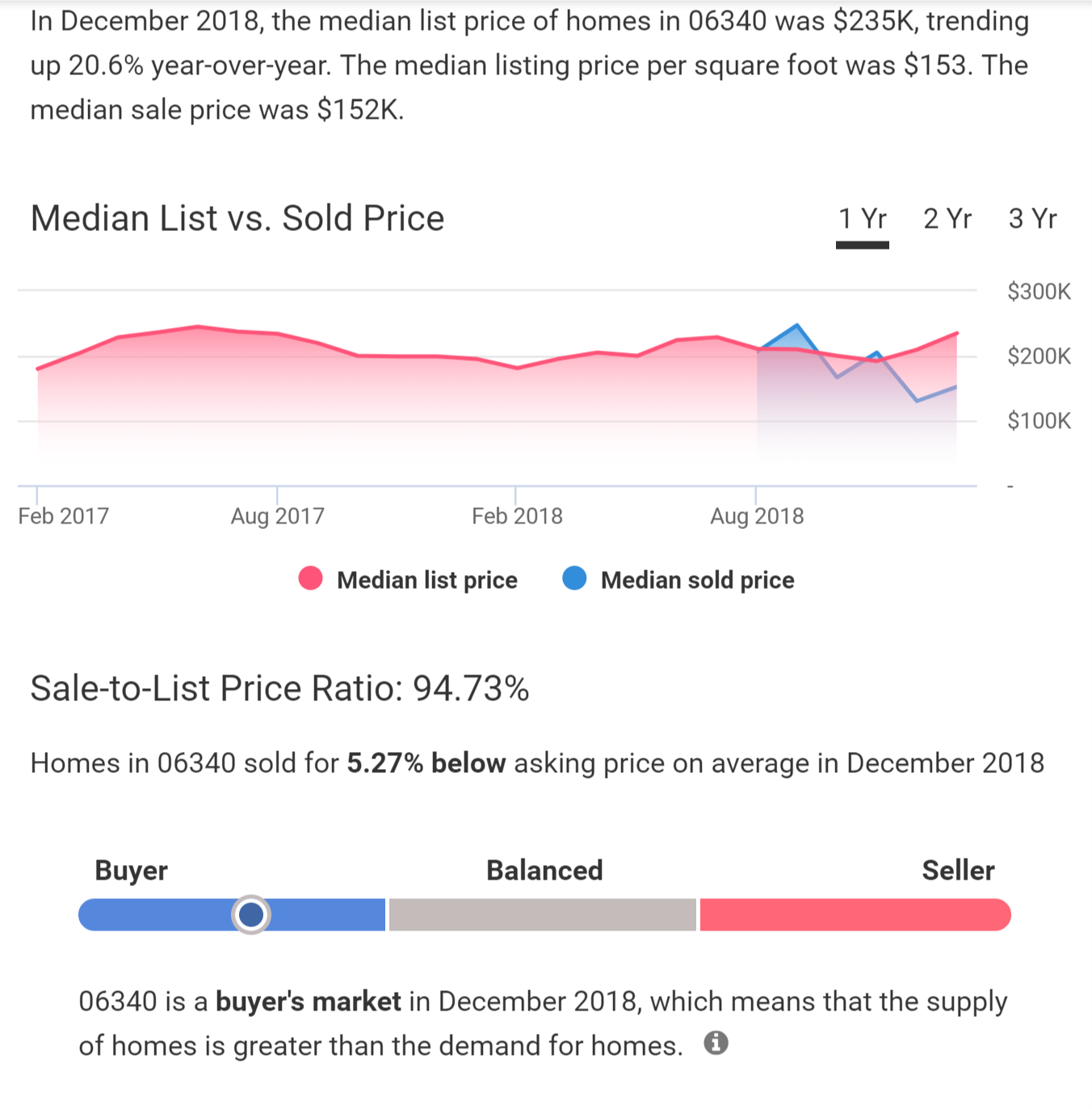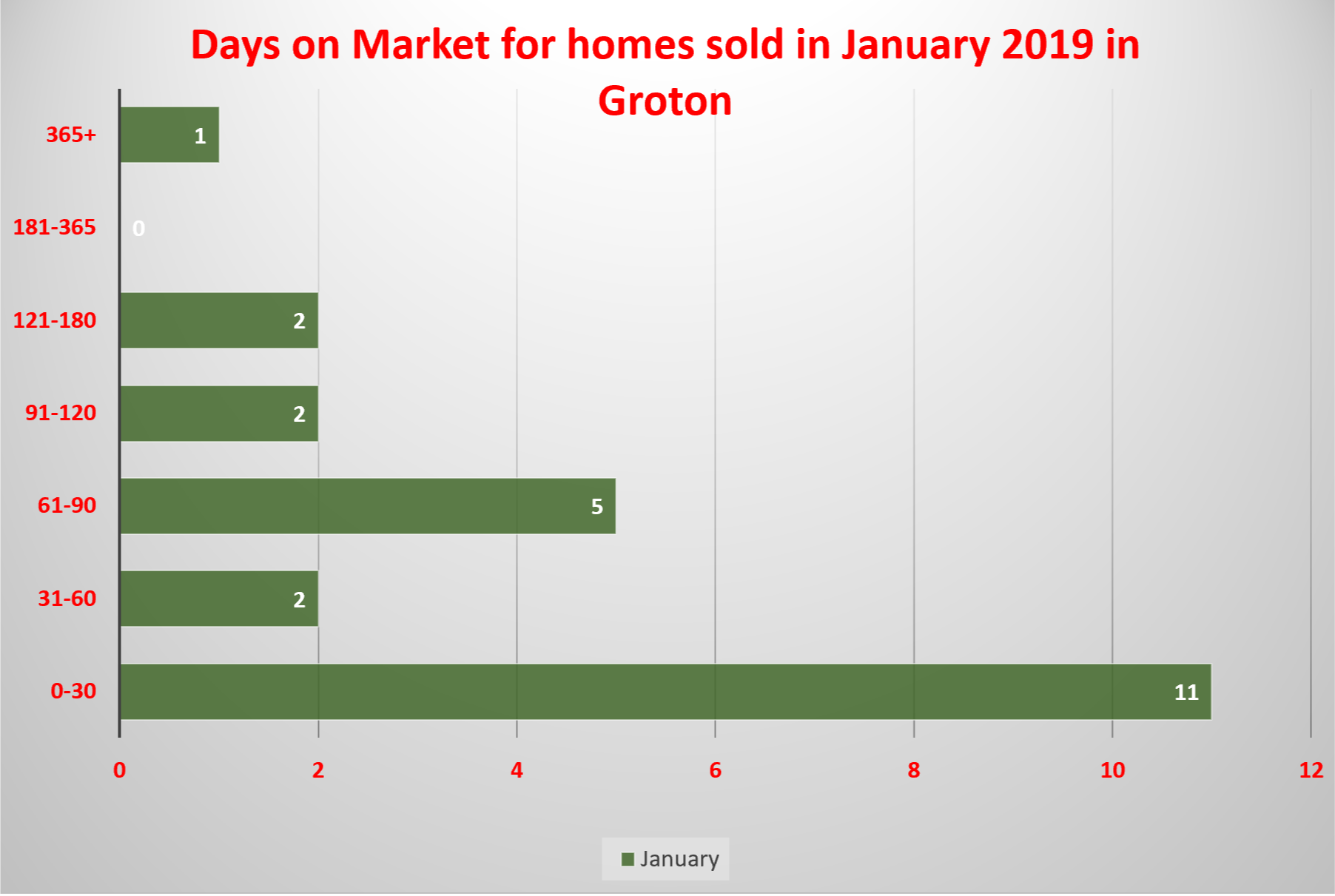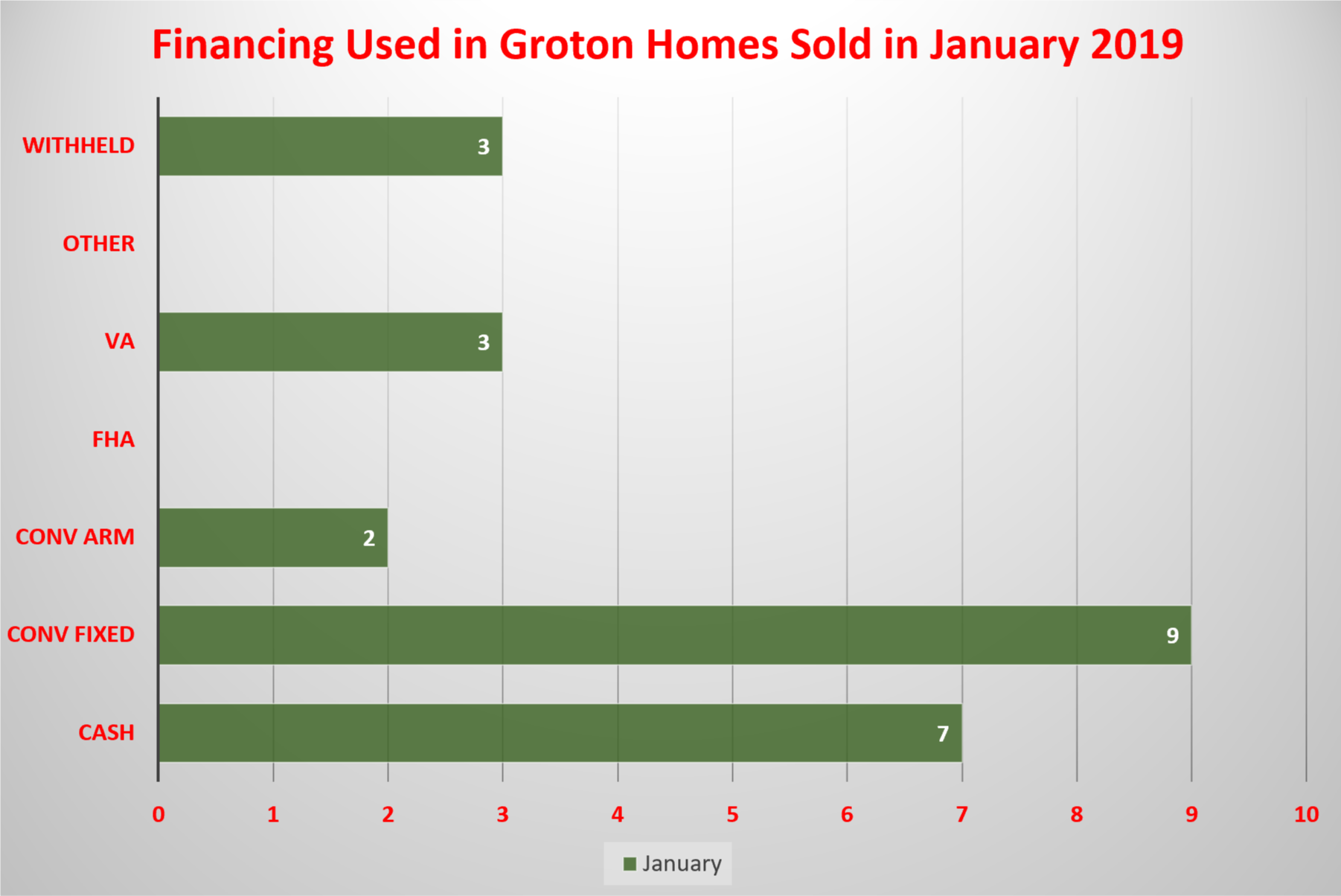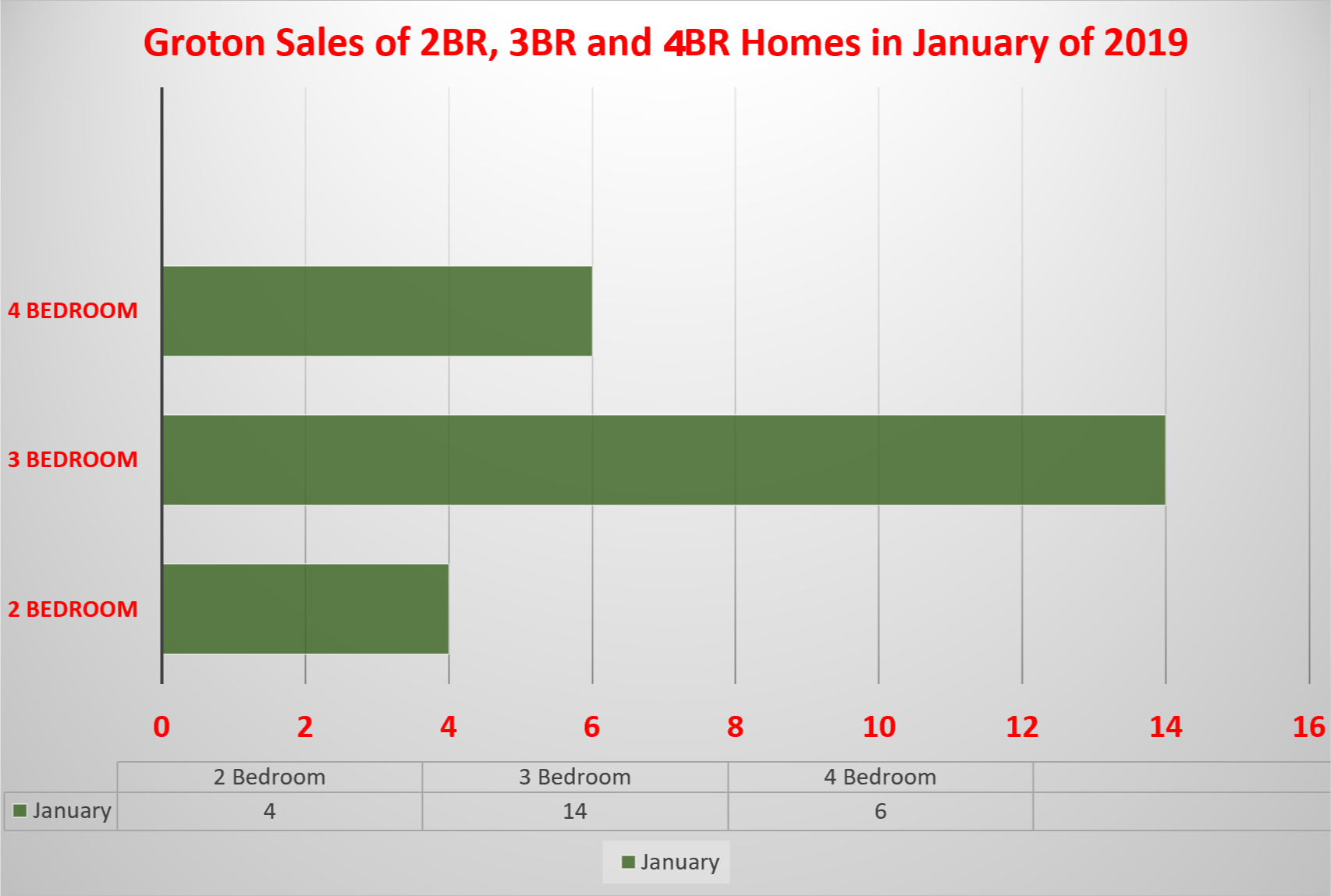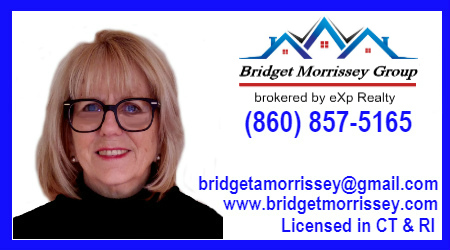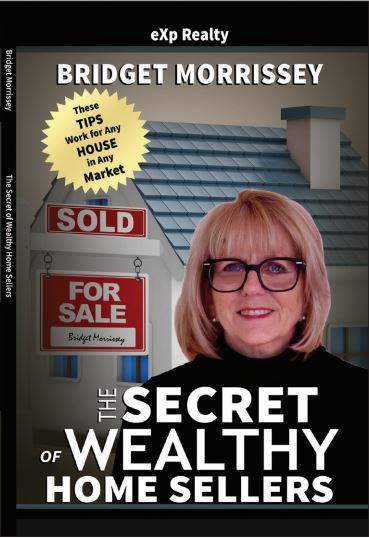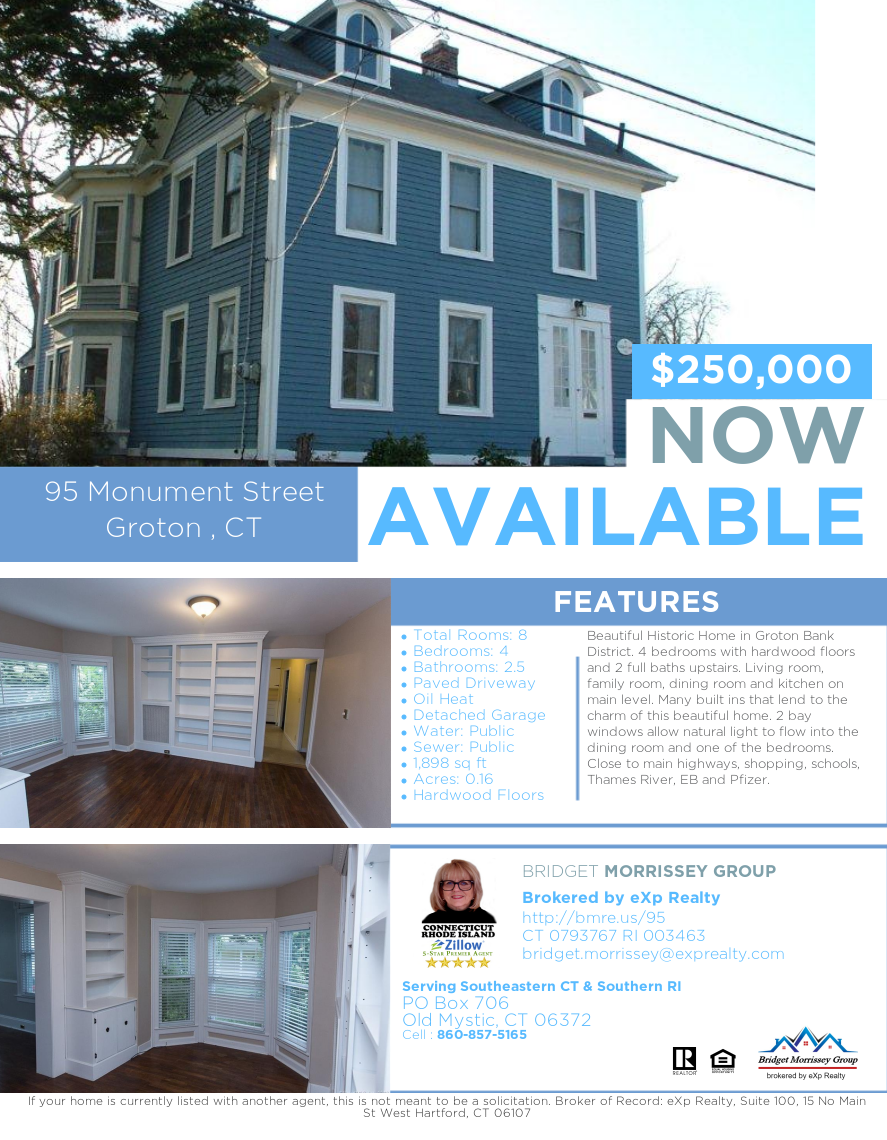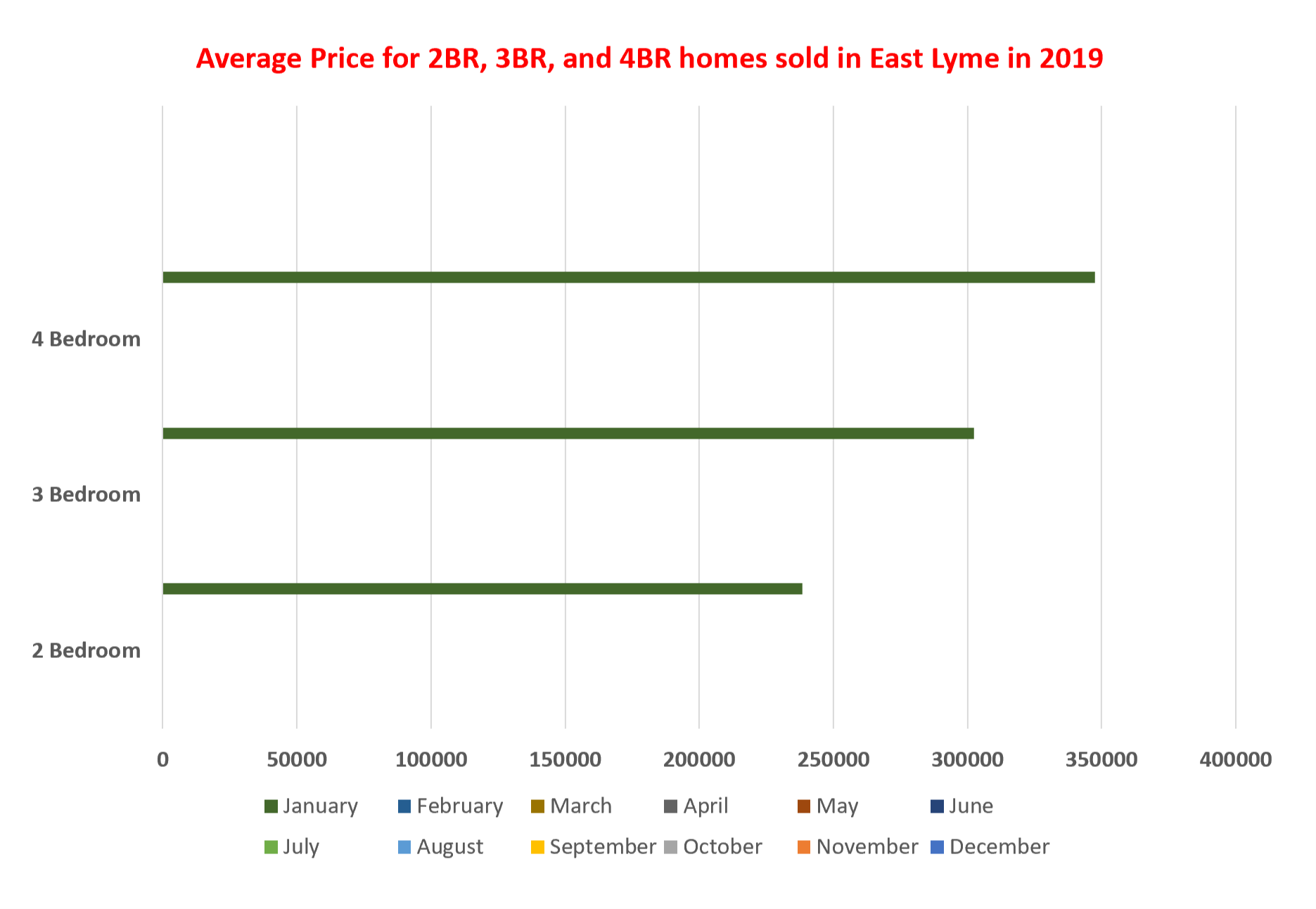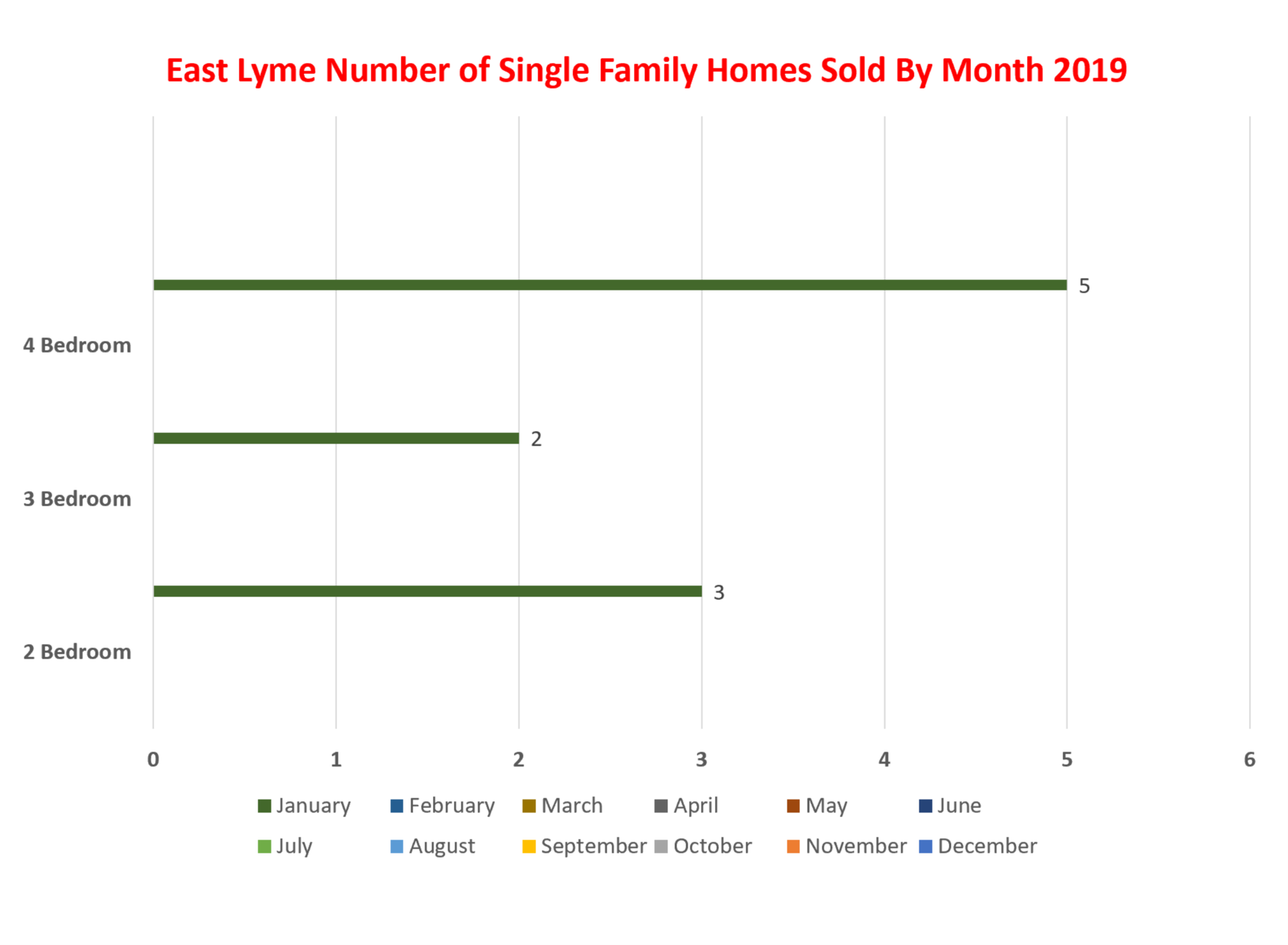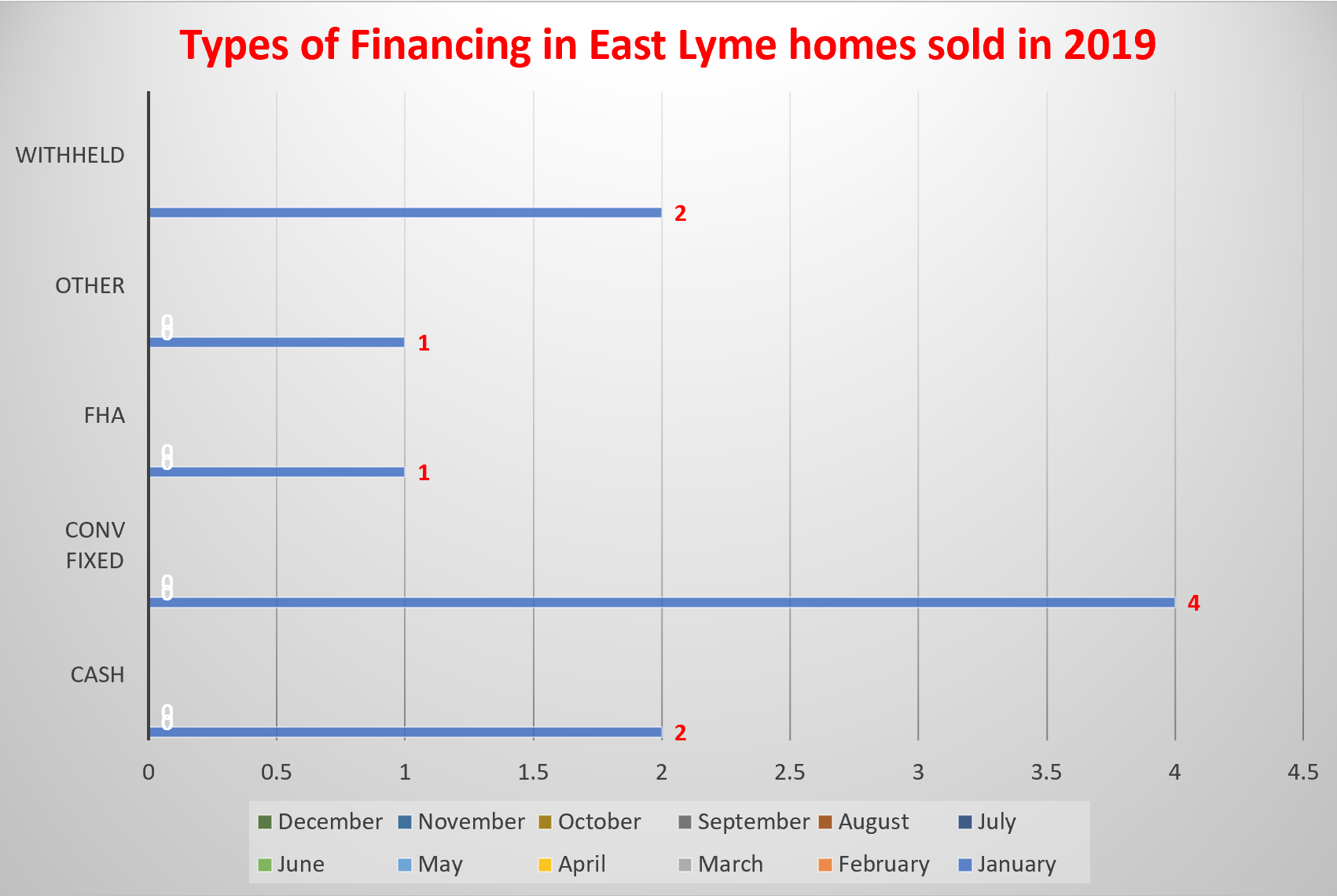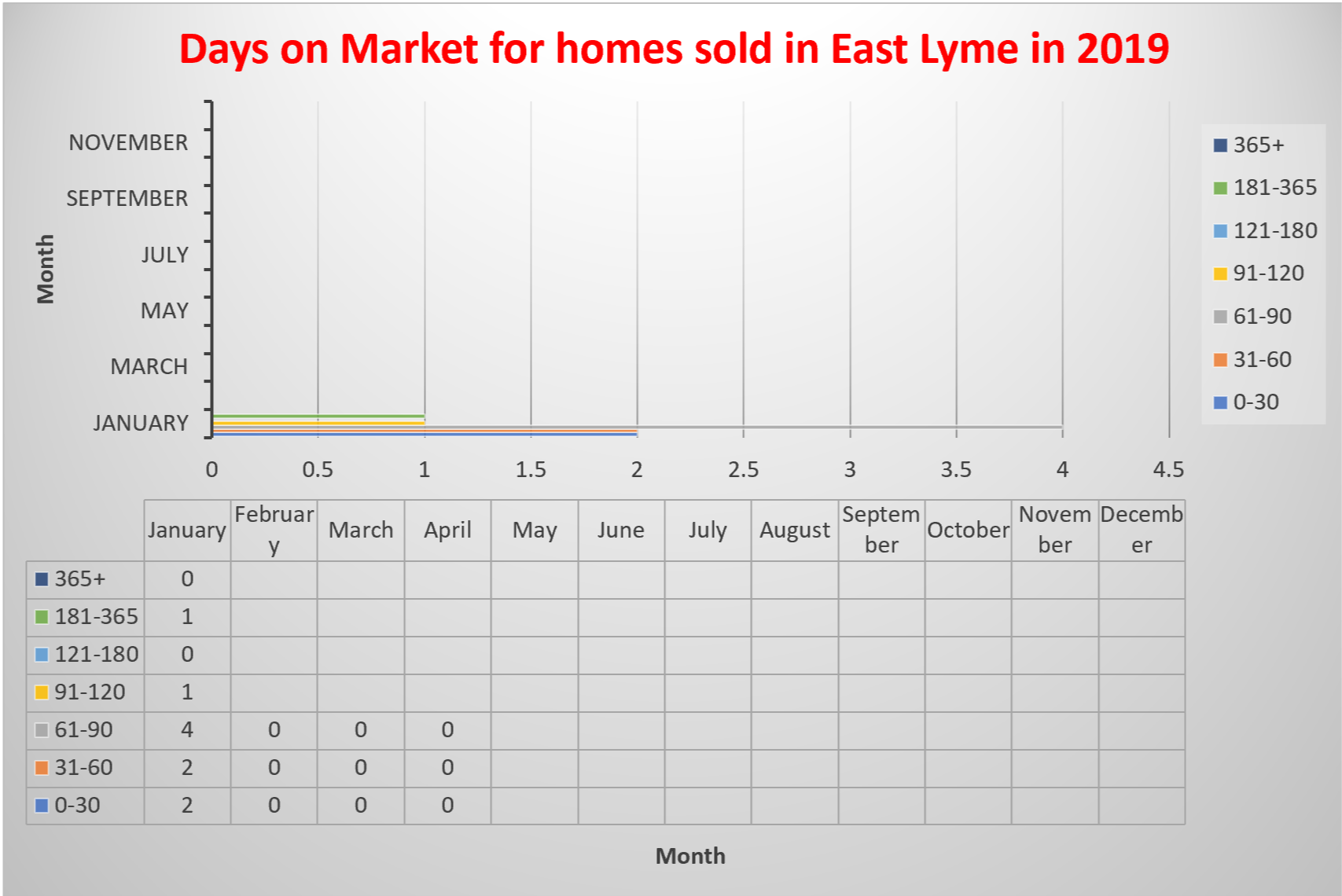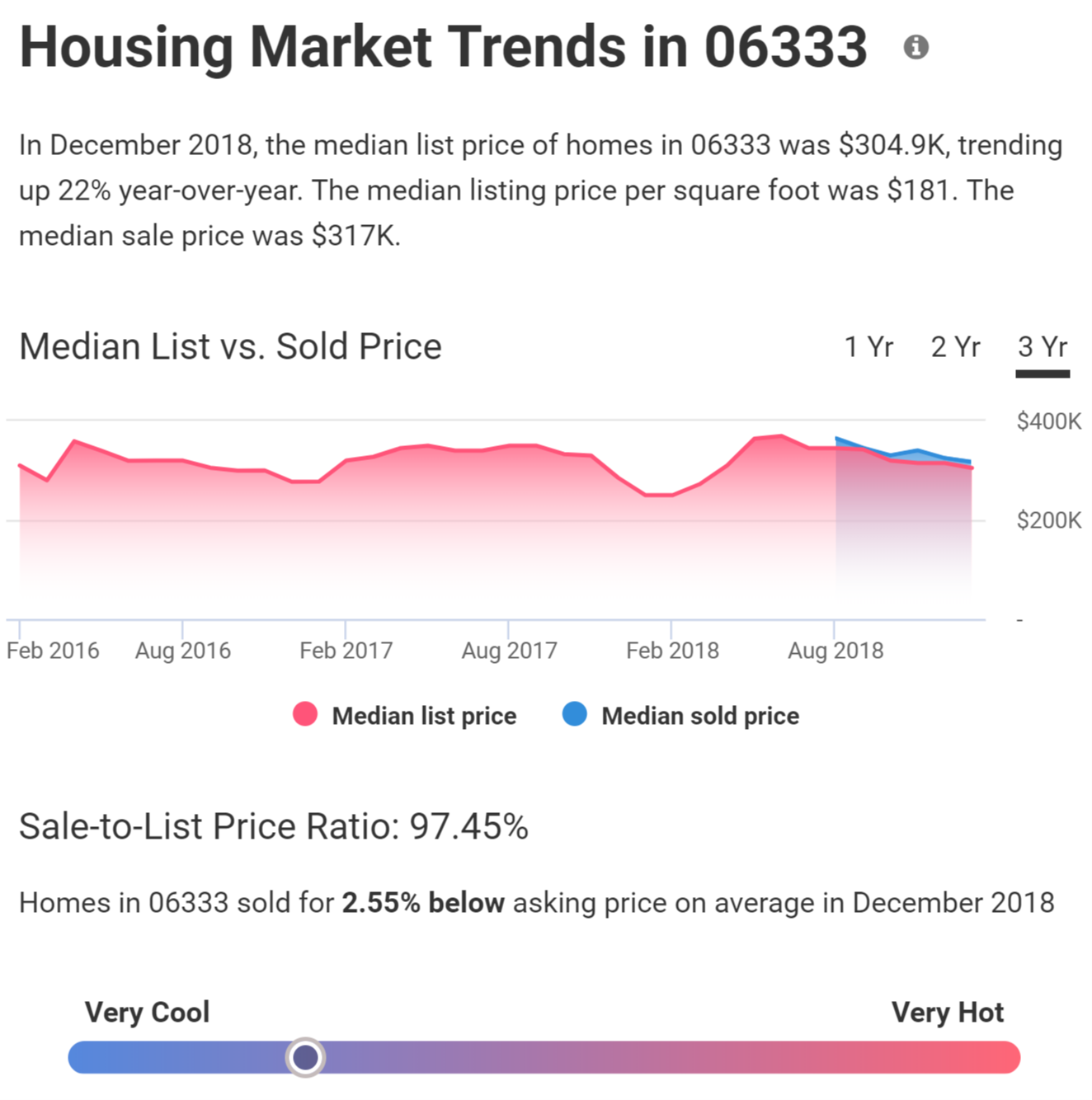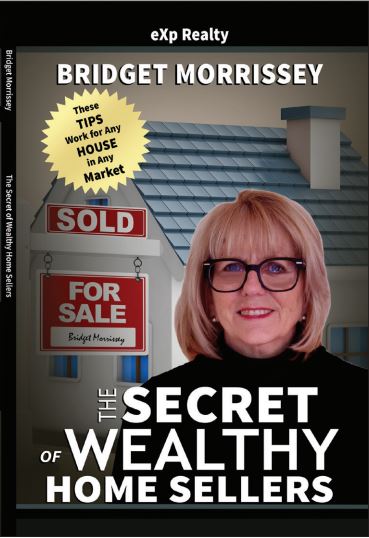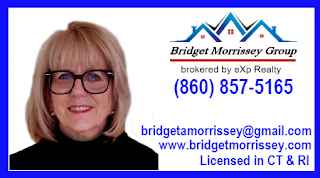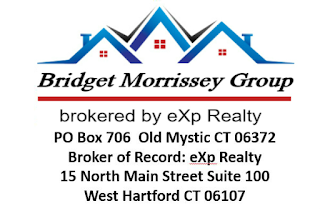A conversation between Steve Harney: Keeping Current Matters and Tom Ferry: Tom Ferry Show
Does the fact that listings and price adjustments are increasing mean that we are heading into another 2008?
Do you remember that at the start of 2018 that the shortage of listings and price leveling adjustment were the two biggest things on every Realtors list that needed attention? Price appreciation is still going up but at a slower rate than in 2018, which is exactly what the market needed. The market could not sustain such rapid appreciation without first correcting itself.
In the recent past Realtors have been promising 1. Quick Sales, for 2. the most money with 3. the least amount of hassle. There is a new shift in marketing properties.
Savvy Realtors realize that they need to educate sellers. Changes in market conditions locally, regionally and nationally need to be explained. There is a difference between the old market and the new market.
The term Recession keeps popping up, is it inevitable?
Recession is defined as two consecutive quarters of economic slowdown. The economy is roaring along right now. Can it continue like it is? Of course not, it has to slow down at some point. Will we get an economic slowdown? Of course we will, but that does not mean that housing prices will fall as they did in 2018. In 5 out of the last 6 economic slowdowns housing prices actually increased slightly. In the 2008 downturn there were other factors at play that lowered prices.
- Homeowners took equity out of their homes, an appreciating asset, and bought depreciating assets such as vacations or toys.
- Homeowners took equity out of their homes and bought second or third homes leaving no equity in the first home. When the downturn occurred they were left with homes with no equity and multiple mortgage payments.
- Banks were making horrible loans and that practice has been checked by the federal government.
Is an economic slowdown expected? Yes, most economists have recently changed the forecast from 2020 to 2021. Is a housing price bubble burst expected? Absolutely not and there are about 6 data points to support that supposition.
Do you expect housing prices to decline in 2019?
No. 100 leading economists and real estate market experts projections for 2019 have been tabulated. 94 out of 100 say prices will continue to rise, 2 say the market will about break even while the other 4 think the real estate market will depreciate slightly. You may watch someone on Youtube say otherwise but are they an expert or are they just looking for clicks on their channel? How much appreciation is expected? About 4.5% is expected which is still higher than historical averages which are about 3.6%. The National Association of Realtors, The National Mortgage brokers Association and Freddie Mac all anticipate higher home values in 2019.
Could the rise in interest rates affect home prices or the number of real estate transactions?
The rise in interest rates at the end of 2018 and the beginning of 2019 definitely had an impact on the psychology of home buyers. The sticker shock especially affects millennialswho in their entire lifetimes have never seen rates above 5%. They need to be educated about the fact of 8, 9, 12% and higher rates of the past that parents, aunts, uncles and grandparents have experienced.
Also, the Federal Reserve has backed off recently on stating that there would definitely be any rate hikes. That is really yet to be determined.
Once current home renters realize that they are much better off buying than renting they will soon get over the sticker shock.
Opinions, estimates, forecasts and other views contained in this image are those of Freddie Mac’s Economic & Housing Research group.
Do you anticipate another housing bubble as people take equity out of their homes?
In 2018, homeowners had 21% more tap-able equity over the bubble to pull out of their homes. Tap-able equity is the amount over the 20% reserve in case prices dropped again. Over the last three years homeowners have pulled out $172 billion of equity which sounds like a big number but pales in comparison to the $824 Billion removed in 2005-2007. Also, the reasons for taking cash out have changed. Instead of buying a new car or taking lavish vacations with cash homeowners are paying down student debt or financing new business ideas. Have you ever watched the TV show SHARK TANK?
A paradigm shift has occurred in lifestyles.
Millennials are more concerned with retirement than getting married. In the past, people got married, bought a house and worked toward retirement. Studies show that baby boomers who are renters have a net worth of $6,000 while homeowners show over $300,000. So if retirement is more important to millennials then they can help accomplish that goal through home ownership. 48% of the homes in America have at least 50% equity and that is a very appealing statistic to young people. Getting married is on the list but not the priority that it used to be!
Houses are Less affordable today than they were 20-40 years ago. NOT TRUE!
Even though interest rates have been on the rise over the last year they are still at historical lows (see chart above)
Renting has less costs than buying a home. NOT TRUE!
People renting homes think they are saving because they are not paying for property taxes or repairs. They may only write one rent check a month but they most certainly are paying for the property taxes and repairs as well as one other category which is landlord PROFIT! Do you want to continue to pay someone else for your lodging or do you want to start building equity for yourself?
The American Dream of home ownership is dead. NOT TRUE!
We have already explained that the term recession means economic slowdown of a booming economy and does not mean a housing market meltdown. The number of listings has improved because homeowners have recovered the equity lost in their homes when the bad mortgage practices by banks occurred in 2005-2008. Leading economists are predicting that home equity will continue to rise making real estate a sound investment. Even though interest rates have risen they are still at historical lows. Home ownership is a much better plan for building equity over time than renting a home. CALM DOWN, SIT DOWN, THINK, PLAN, ACT!
